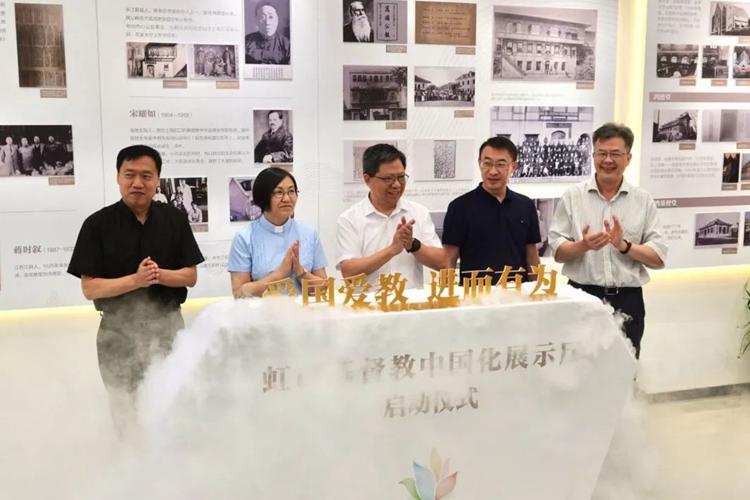Rev. Geng Weizhong, president of the Shanghai Christian Council, stated in an interview with the China News Service that the sinicization of Christianity in Shanghai initially encountered the challenge of urbanization, so it required new concepts and paradigms for its practice in Shanghai.
Pastor Geng mentioned that "Shanghai serves as both a window for observing China on a global scale and a core hub deeply connected to the world," as reported by China News.
Since the introduction of Christianity to China in modern times, many important organizations, prominent churches, influential figures, and significant conferences have had strong ties to Shanghai. Geng pointed out that the Chinese Christian Three-Self Patriotic Movement Committee (TSPM) was established in 1954, and the China Christian Council (CCC) was founded in 1980, with their headquarters located in Shanghai.
In Pastor Geng's view, churches in Shanghai, in the process of building Shanghai into an international metropolis, have engaged in international exchanges. Over the years, they have fostered friendly relationships with numerous foreign religious groups and organizations, drawing inspiration from the experiences in the localization of religions in diverse countries worldwide.
Shanghai currently has eight places designated for foreigners to conduct Christian activities, offering services in languages such as English, German, and Spanish. Shanghai CC&TSPM has established an annual joint meeting system for Shanghai's foreign Christian communities.
"The sinicization of Christianity is also a process of modernizing theology," said Geng. He believed that unlike Western Christianity's quest for balance between "realism" and "nominalism" during the reformation, Shanghai Christianity sought harmony between the "transcendent" and the "immanent."
Geng emphasized, "Theology should keep pace with the times, integrating with the national and social conditions of the time." He stated that the localization of Christianity required the Christian theological system to adapt to a socialist society. Doctrine and rules should be combined with the progressive demands of the new era so as to address new issues concerning the practical application of faith in contemporary life.
When discussing how to inherit the spirit of patriotism and devotion in the new era, this church leader asserted, "To develop Christianity in the Chinese context, churches in Shanghai should first inherit the spirit of the Three-Self Patriotic Movement (self-preaching, self-governing, and self-supporting). To this end, we are establishing cultural exhibition halls on the sinicization of Christianity, display boards, research, and practice bases."
Furthermore, he also emphasized strengthening theoretical development. As per the information provided, the East China Theological Seminary has collaborated with universities and religious research institutions to establish a historical knowledge base for red culture, excellent traditional Chinese culture, and sinicization of Christianity. They have completed numerous research projects and are progressively publishing lectures, papers, and books that explore the localization of Christianity in China.
- Translated by Abigail Wu












